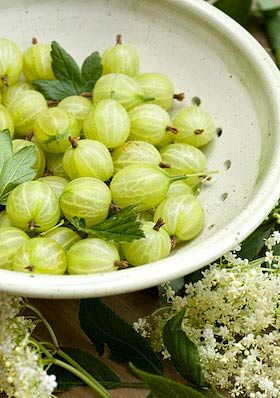Shaking The Salt Habit
- CCSL

- May 6, 2019
- 2 min read
Updated: May 8, 2019
Cutting all salt out of your diet would be a dangerous, even deadly, health move … but consuming excessive levels can be damaging as well. Your best route is to strike a chord somewhere in the middle and consume the salt your body needs to stay healthy, and not too much else.

Tips for Healthy Sodium Intake
For most, this will mean learning how to cut down on salt intake by:
Limiting your intake of processed foods.
Reading food labels and avoiding those with excessive sodium levels.
Choosing natural, pure food options as much as possible. For instance, while most pancake syrups contain added sodium, pure maple syrup does not.
Buying meat and poultry that hasn’t been injected with a sodium solution.
Opting for low-sodium varieties of your favorite foods, especially canned soups, bouillon, and frozen dinners, which tend to be heavily salted.
Limiting your intake of fast foods and restaurant meals (when you eat out, try splitting one large portion in half).
Getting creative with herbs and spices in your home cooking to add flavor without extra sodium. Vinegar and citrus juice can also add a kick without needing extra salt.
Finally, when you do use salt you may want to opt for sea salt, Himalayan salt or another natural salt form, especially if you’re trying to limit chemicals in your diet. Typical table salt can contain up to 2.5 percent chemicals from processing and anti-caking agents along with trace minerals, and naturally processed salts will not have these additions (except for the trace minerals).
Be aware, however, that many natural salts do not contain iodine, a nutrient that’s important for the function of your thyroid hormones.
Table salt is one of the main suppliers of iodine in the diet, so if you cut down on your salt intake, particularly iodized salt, significantly, you’ll want to be certain you’re still getting enough iodine, especially if you’re pregnant or breastfeeding.
(Dietary sources of iodine include seaweed, yogurt, cow’s milk, eggs, strawberries and mozzarella cheese. Supplements are also available.)
Still, for most the challenge with salt lies not with too little but too much.



